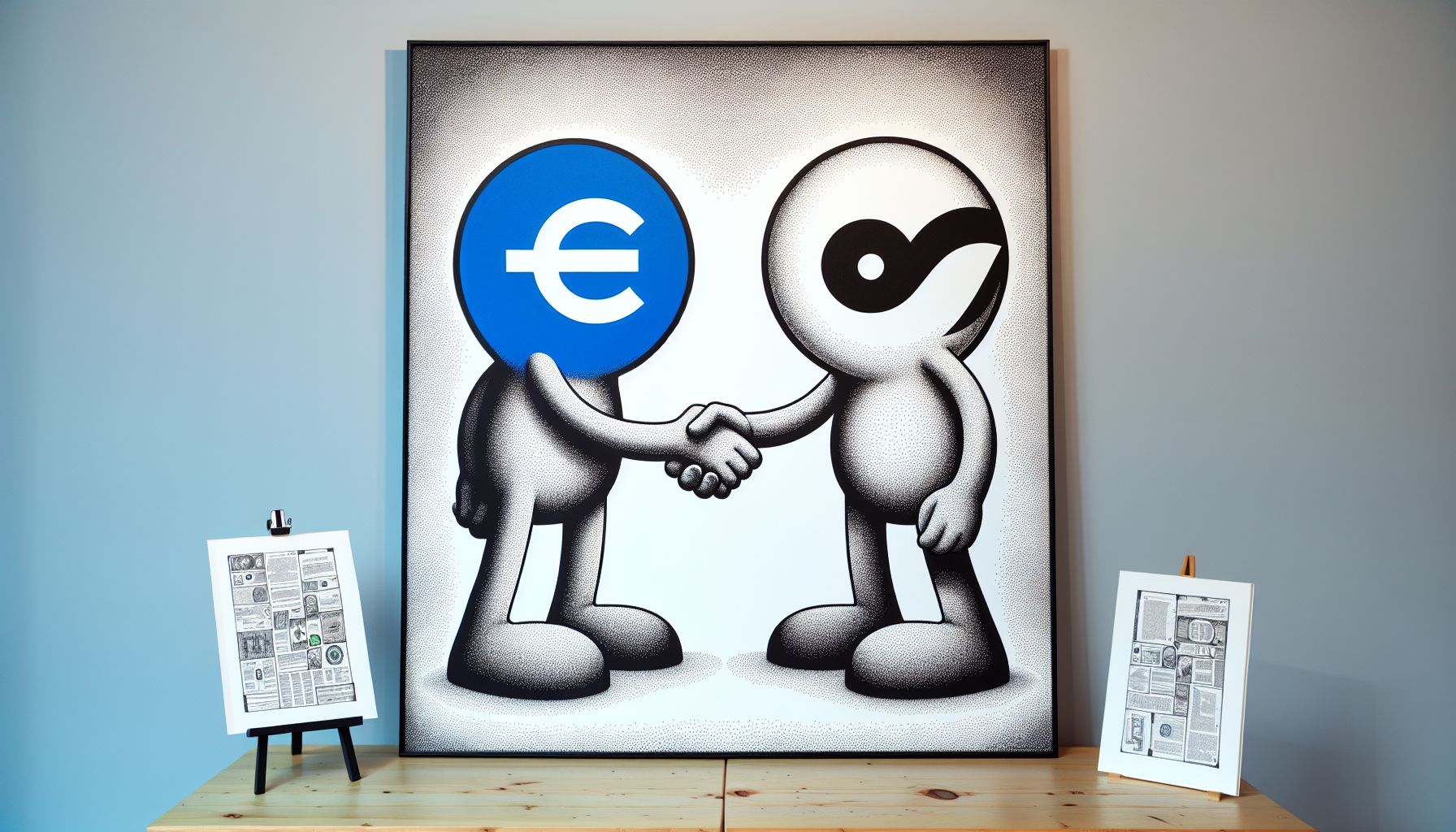European Search Engines Unite to Challenge Big Tech Dominance

Berlin, Wednesday, 13 November 2024.
Ecosia and Qwant, two European search engines, are joining forces to create an independent search index called European Search Perspective (EUP). This collaboration aims to reduce reliance on tech giants like Google and Microsoft, while promoting privacy-focused internet use and sustainable practices.
Strategic Partnership to Foster Independence
The alliance between Ecosia, a Berlin-based non-profit search engine, and Qwant, a privacy-centric platform from France, marks a significant shift in the digital landscape. By developing the European Search Perspective (EUP), they aim to establish a search index that diminishes dependency on major tech companies like Google and Microsoft. This move is largely driven by escalating costs associated with search APIs from these tech giants, particularly after Microsoft’s substantial price hike for Bing’s API last year[1].
Privacy and Sustainability at the Core
Ecosia and Qwant emphasize the importance of privacy and environmental sustainability in their operations. Ecosia, known for using its ad revenue to fund tree planting initiatives, along with Qwant’s commitment to protecting user privacy, envision a search engine that prioritizes ethical and sustainable companies. This paradigm shift seeks to challenge the status quo, where search engines often monetize user data without advancing ecological or privacy-conscious goals[2].
Expanding the European Digital Ecosystem
The EUP initiative also seeks to invite other European firms to join their mission, offering an API that licenses access to their search index. The goal is to create a collaborative European digital ecosystem that can compete with global tech giants by leveraging shared data and resources. This strategic move is supported by technical expertise from OVHcloud and aims to roll out its services in France by early 2025, with Germany following by the end of the same year[3].
Future Prospects and Challenges
While Ecosia and Qwant are optimistic about the potential of EUP, they acknowledge the challenges ahead. Building a search index from scratch requires substantial investment and technical prowess, especially in a landscape dominated by companies like Google, which have refined their algorithms over decades. Nevertheless, the changing regulatory environment in Europe, which increasingly scrutinizes Big Tech’s influence, presents opportunities for these upstart search engines to carve out a niche focused on privacy and sustainability[4].
A New Era of Search Technology
As Ecosia and Qwant push forward with their ambitious project, they are keen on integrating generative AI to enhance user experience. This technological advancement, coupled with a commitment to privacy-first principles, positions the EUP as a potential game-changer in the search engine market. By prioritizing user data protection and ethical business practices, Ecosia and Qwant are not only challenging established tech norms but are also paving the way for more equitable digital futures[5].